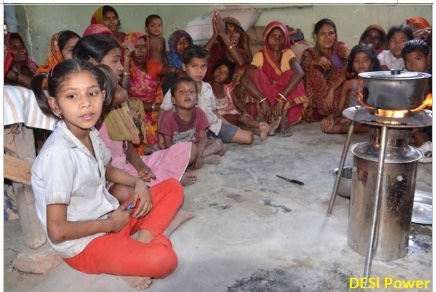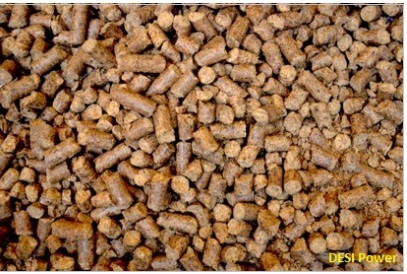Clean Biomass For Cooking Fuel
From 2006 to 2016 the trust focused on giving grants to one of its very active partner organisations working in the field of decentralised renewable energy. Decentralised Energy Systems (India) Pvt. Ltd received several grants over the years not only for electricity generation but also for thermal projects. One of them was a grant to test and disseminate efficient cook stoves running on biomass pellets. The problem, which actually is a major problem that still persists in the District of Araria and indeed all over Bihar, is the problem of scarcity of cooking fuel. There is over 90% scarcity of cooking fuel and fodder for cattle and other domestic animals in the agricultural economy.
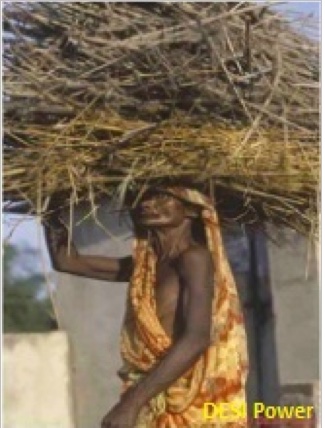
Quite apart from ruining the ecological base of the agriculture we depend on by depriving the soil and its organisms of biomass, the inefficient three stone cookstoves ruin the health of family members. Coughs, lung infections and persistent wheezing from smoke inhalation was and continues to be a problem in many families. The efficiency of these three stone cook stoves or the mud stoves without chimneys using this basic form of biomass is also very low.
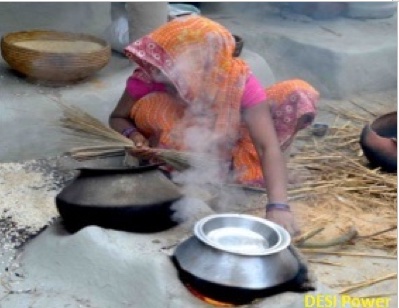
Government programmes to enable people to climb up the fuel ladder and leave behind their polluting three stone cook stoves are not reaching all the people. Many people do today have LPG cylinders and do use them, but others cannot afford to use them. In the past the practice of collecting the last fallen leaf from the last tree, gathering free fuel to save money was the dominant practice.
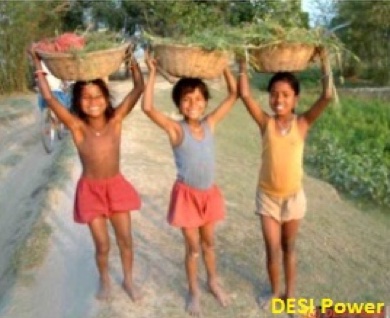
The grant to Decentralised Energy Systems (India) Pvt. Ltd. supported the company to establish a businesses for clean cooking by financing the testing and test-marketing of energy efficient stoves with various types of processed and standardised fuels. A pelletising machine was imported but could not be successfully operated, and another one was procured and run. The idea was that village groups would be set up to process biomass residues such as corn cobs into cut and dried standard fuel for all types of energy efficient stoves. Energy efficient stoves were field tested and conditions for their acceptance by village women established. The project is now completed.
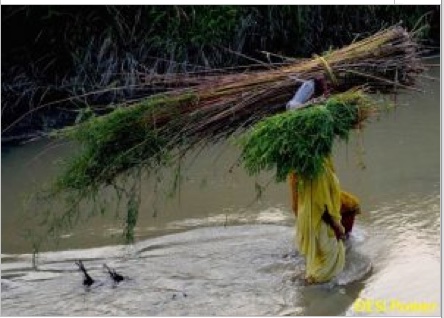
Though many families in the village do now have gas cylinders, many do not. The fuel wood crisis is as stark as ever. Now that this major project is closed, we nonetheless plan in a limited way to address the fuel wood problem. We are doing this as part of the organic farming project. We plan to at least grow enough cooking fuel for the families working for the trust, and to replace the three stone stoves and mud stoves with efficient ones.
